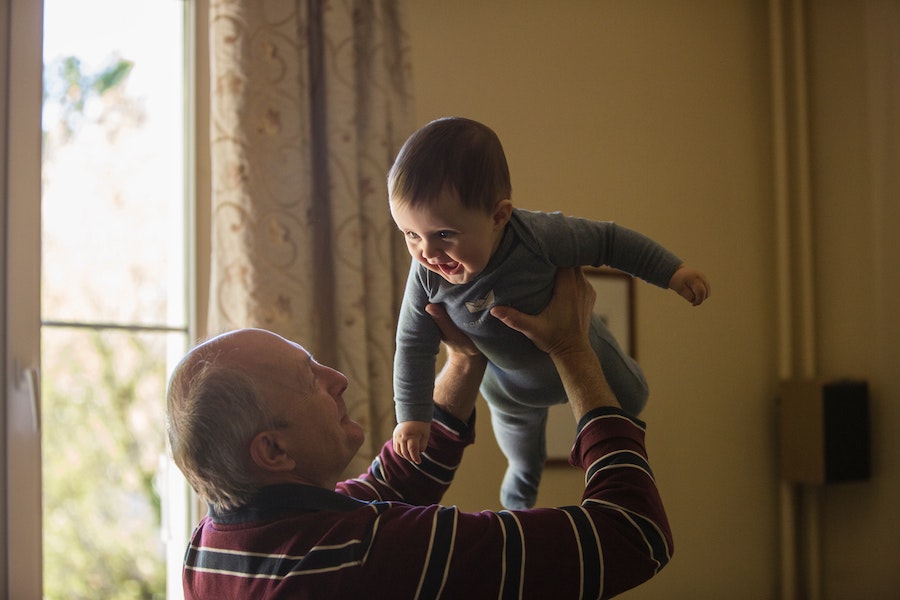During times of parental separation, divorce, or death – when established routines are disrupted and everything once known is made uncertain – it’s common to wonder where and how grandparents can fit into the mix. This begs the question: Do grandparents have legal rights to see their grandchildren?
The answer is both yes and no. Like most family law issues in BC, it depends heavily on the individuating circumstances and whether contact keeps the child’s best interests at heart. So if you’ve been wondering about the legal rights of grandparents in BC, you came to the right place. In this blog, we’ll take a look at how the courts decide visitation rights for grandparents, what that process looks like, and where it can go from there.
Do Grandparents have Legal Rights for Visitation (Contact) in BC?
While not on the same level as parental or guardian rights, BC law supports grandparents’ rights to maintain a relationship with their grandchildren so long as it’s in the best interests of the child. You can read more about visitation rights here.
Effectively, the BC Family Law Act takes a mixed approach to dealing with cases where grandparents seek contact time with grandchildren, weighing multiple factors into their decision making. The following are key considerations that tend to come up in such family law cases:
- In all child contact and parenting time decisions, the primary consideration centers around what is in the the best interests of a child
- There is no automatic presumption that contact with grandparents is in the best interest of the child, therefore…
- The burden to prove that contact time is in the child’s best interests falls on the grandparents, rather than the parent
So again, if the child’s parents and the grandparents don’t see eye-to-eye as far as visitation rights, the grandparents must take the onus themselves to prove that it is indeed in the child’s best interest. Grandparents, resultantly, can apply to the court to be granted contact with the child, regardless of the guardianship arrangement that exists with the parents.
How to get visitation rights to your grandchild in BC
No matter the circumstances, it’s highly advised to contact an expert in BC family law. They will help you navigate which court system is best to use depending on your situational specifics, and ensure that your interests are looked after the whole way through. Feel free to get in touch with our Westside Family Law team today.
Before we speak directly to court proceedings, consider the following: If you have been denied contact with your grandchildren, the first step is to try to reach an agreement with their guardians as to when and how you will be able to see them.
If you are able to reach an agreement outside of the courtroom – either between yourselves or with the help of a lawyer, mediator or counselor – then that agreement can later be filed with the court.
However, if there is no room for compromise, the grandparents will need to pursue a court order that will allow them to see their grandchildren. In doing so, the court will consider the following:
- The previous relationship history between the child and their grandparent(s), and whether there is evidence of this positively impacting the child
- The reasons the parents refused to facilitate contact, and how justified they were in doing so
- Whether there have been extreme or illogical requests regarding contact with the grandchildren in the past, and how stable this situation will be for the children in the future
Keep in mind that hostile relations between the grandparent and parents of the children could affect proceedings. In extreme circumstances when tensions are sky high, the court may default to the guardians’ right to make decisions for their children if it remains in their best interest to defuse the situation.

